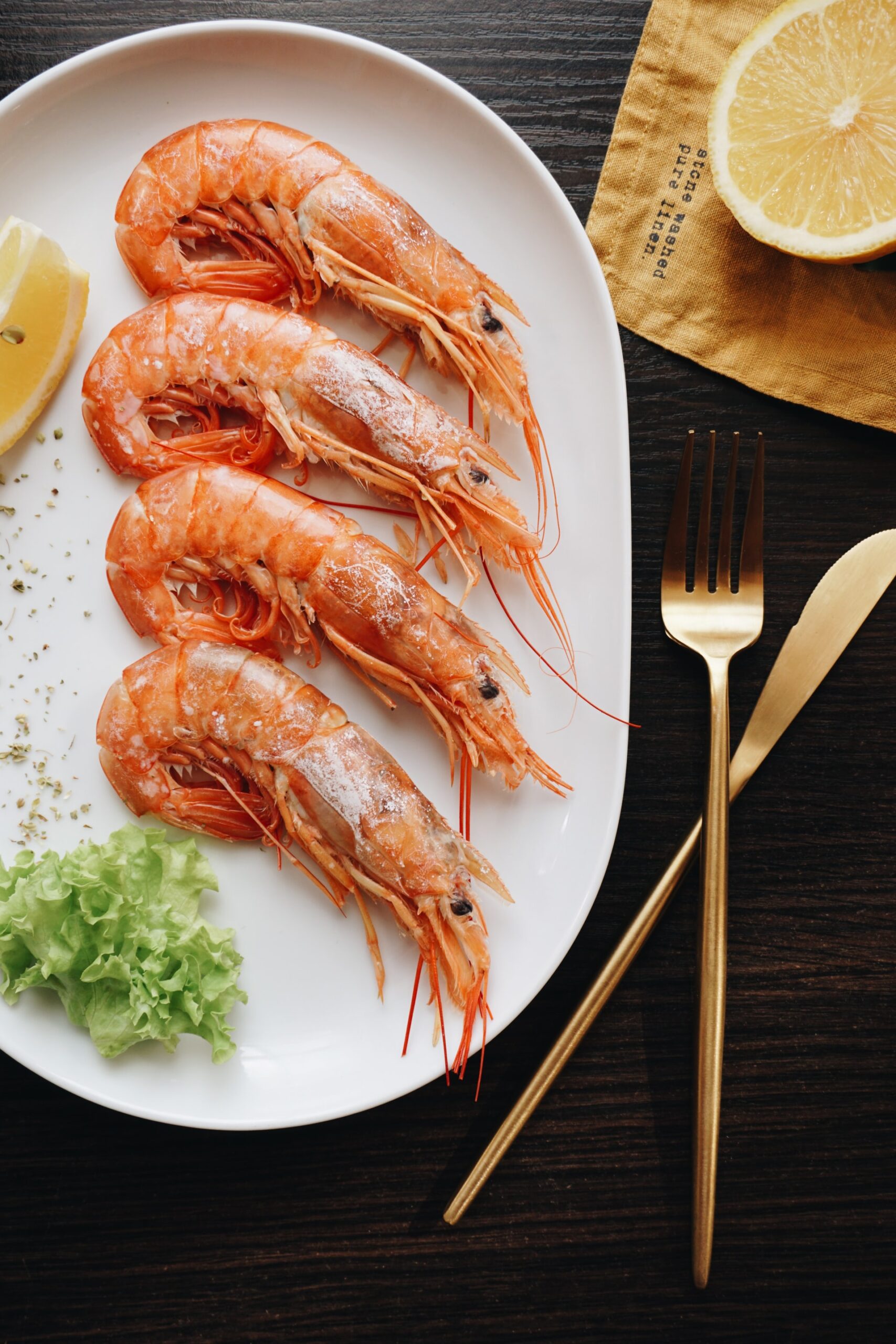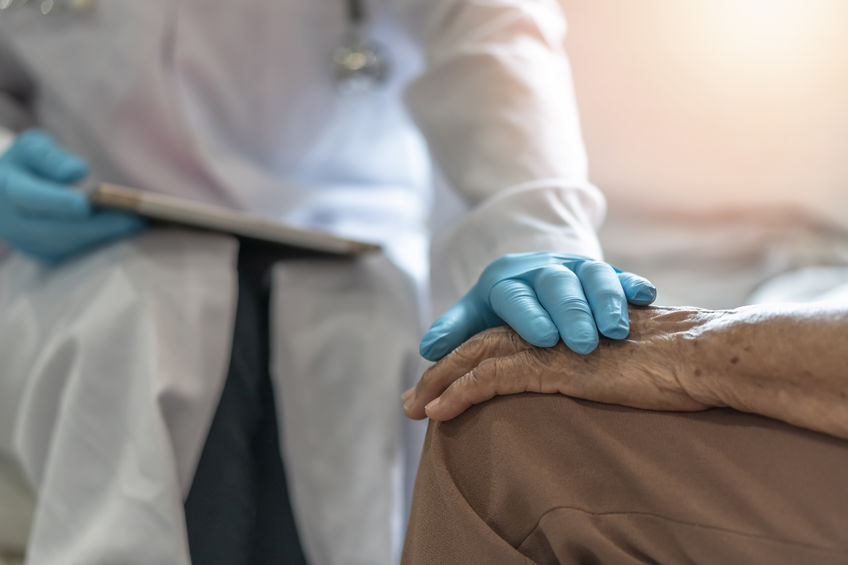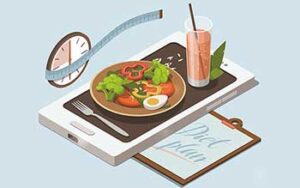A lack of iron in your diet can lead to iron deficiency (anaemia). How can we make sure our iron intake is sufficient to keep our bodies healthy?
What is iron’s role in the body?
- Iron is used by the body to make red blood cells. These red blood cells have many functions, but one of their most important is carrying oxygen around the body. Iron also plays a role in the immune system.
Insufficient iron?
- Not enough iron in the diet, or heavy periods leading to loss of iron in the blood, are both likely to cause iron deficiency anaemia.
- Symptoms of iron deficiency anaemia are lack of energy, fatigue, shortness of breath, heart palpitations and pale skin.
- If left untreated this can lead to increased risk of infection, increased heart and lung problems and increased risk before and after birth to both mother and baby.
Too much iron?
- Too much iron can lead to constipation, nausea, vomiting and stomach pain. In extremely severe cases it can prove fatal.
How much iron?
| Population group | Daily recommended amount per day |
| 0-3months | 1.7mg |
| 4-6months | 4.3mg |
| 7-12 months | 7.8mg |
| 1-3 years | 6.9mg |
| 4-6 years | 6.1mg |
| 7-10 years | 8.7mg |
| 11-18 girls | 14.8mg |
| 11-18 boys | 8.7mg |
| Men 18+ | 8.7mg |
| Women 19-50 | 14.8mg |
| Women 50+ | 8.7mg |
Population groups at increased risk of iron deficiency?
Although everyone needs to meet the daily recommended amounts of iron some population groups should also pay close attention to their intake
The groups listed below are less likely to meet recommendations
- Pregnant women
- Breastfeeding women
- Women up to the age of 50
- Babies and Children
- Teenagers

Source of iron
We can split the sources of iron into best, good and fair.
Best
- Liver
- Beef
- Lamb
- Clams
- Shrimp
- Fortified breakfast cereals
Good
- Pork
- Chicken
- Turkey
- Lentils
- Beans, peas, lentils
- Prunes, prune juice
- Potatoes with skin
Fair
- Eggs
- Tofu
- Spinach
- Green peas
How to make sure you obtain as much iron as possible from the sources
- If you eat or drink foods high in vitamin C, at the same time as the meal or snack containing a source of iron, your body will be able to use more of the iron.
- Good sources of vitamin C are oranges, grapefruit, watermelon, strawberries, cantaloupe, mango and papaya. In the vegetable food group broccoli, cabbage and green peppers are good sources.
Iron supplements
- Most people should be able to get all the iron they need by eating a varied and balanced diet. If you take iron supplements, do not take too much as this could be harmful.
- Taking 17mg or less a day of iron supplements is unlikely to cause any harm. Only continue taking a higher dose if advised by a medical doctor.
What are the factors that can cause low iron levels?
- Children who drink too much milk and do not eat enough high iron foods can have low iron levels.
- Consuming too many foods high in sugar and fat at any age. Filling up on these foods means you don’t fill up on foods high in iron.
- Drinking too much tea, regular or decaffeinated coffee can keep your body from absorbing iron due to tannins and oxalates in the tea and polyphenols in coffee.

Conclusion
To conclude, iron is an essential part of a healthy balanced diet. Make sure to include lots of sources of iron in your diet and combine these during mealtimes and snacks with foods high in vitamin C. Make sure you are aware if you are in a high-risk group and that you are aware of dietary habits that may stop you absorbing enough iron from your diet. If you start to experience the symptoms of iron deficiency talk to your doctor.



